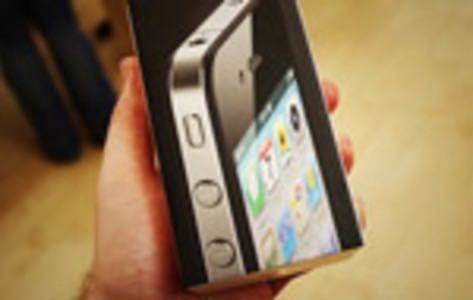You’ll probably be paying for goods and services around town with your iPhone or other smart phone soon, but what will happen if a vendor makes an error or your phone is lost or stolen?

The Consumers Union, the nonprofit publisher of Consumer Reports, has called on the US government to issue regulations for the coming era of mobile payments just like it has for protecting consumers from credit and debit card fraud.
The group argues that while mobile payments backed by credit card may be protected under existing legislation, payments charged to phone bills or pre-paid deposits required for mobile commerce by some phone companies may receive no protection at all.
“Consumers should not be expected to figure out what protections apply to each competing new payments venture,” Michelle Jun, staff attorney for Consumers Union, said via coverage by NearFieldCommunicationsWorld.com today. “Regardless of the technology or business organization involved, the same high level of consumer protections should be guaranteed by law and contract for any payment service. Now that mobile payment ventures are emerging in the US, it’s time to harmonize and extend consumer protections for all payment services.”
Apple made headlines earlier this month for hiring one of the leading experts in Near Field Communications technology. NFC is a short-range, high-frequency wireless technology which lets devices, primarily mobile phones, communicate with other NFC devices in order to exchange data. This allows for a number of applications including mobile ticketing, mobile payment, e-money, electronic keys, smart billboards and more. NFC will be included in all Nokia phones around the world starting next year.
The era when most of us leave the house with our wallets, keys and phones in hand is likely to be surpassed soon by a time when the phone performs many more functions than it does today.
Earlier this month, analysts ABI Research outlined some of the obstacles NFC faces in becoming an everyday means of commerce, as well as some of the more viable software alternatives.
No matter how it’s implemented, the era when most of us leave the house with our wallets, keys and phones in hand is likely to be surpassed soon by a time when the phone performs many more functions than it does today. Consumer fraud protection for that such a method of commerce is only logical and certainly seems timely.

















